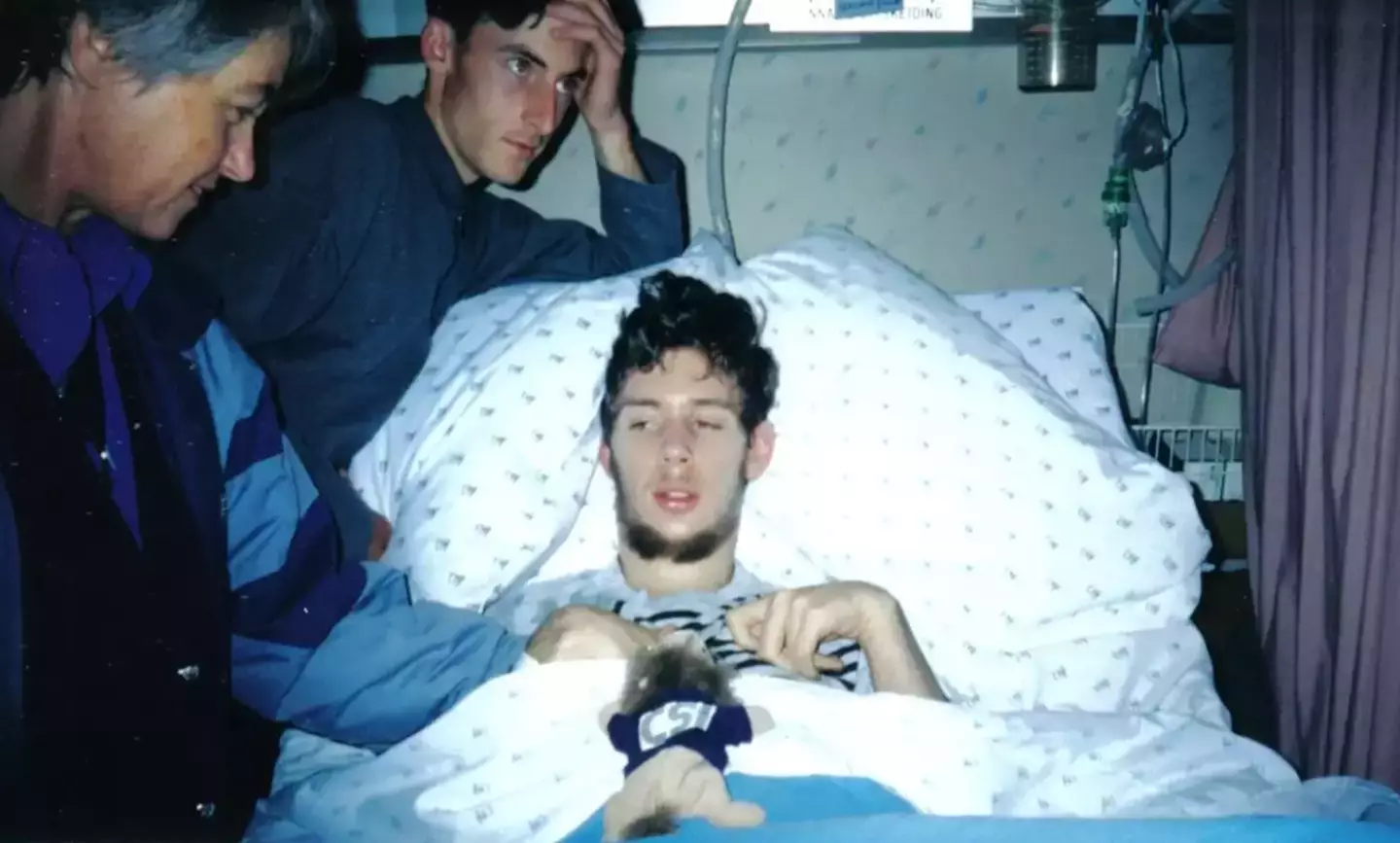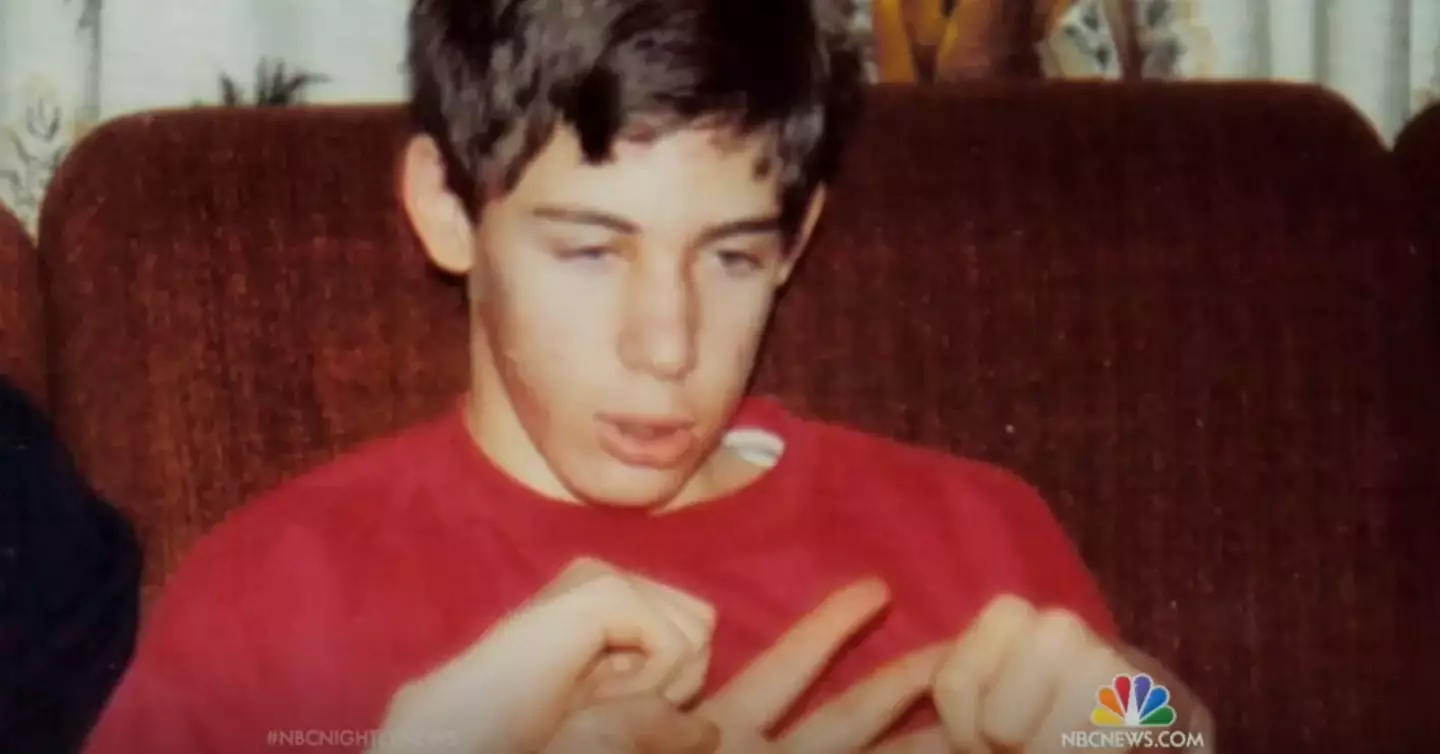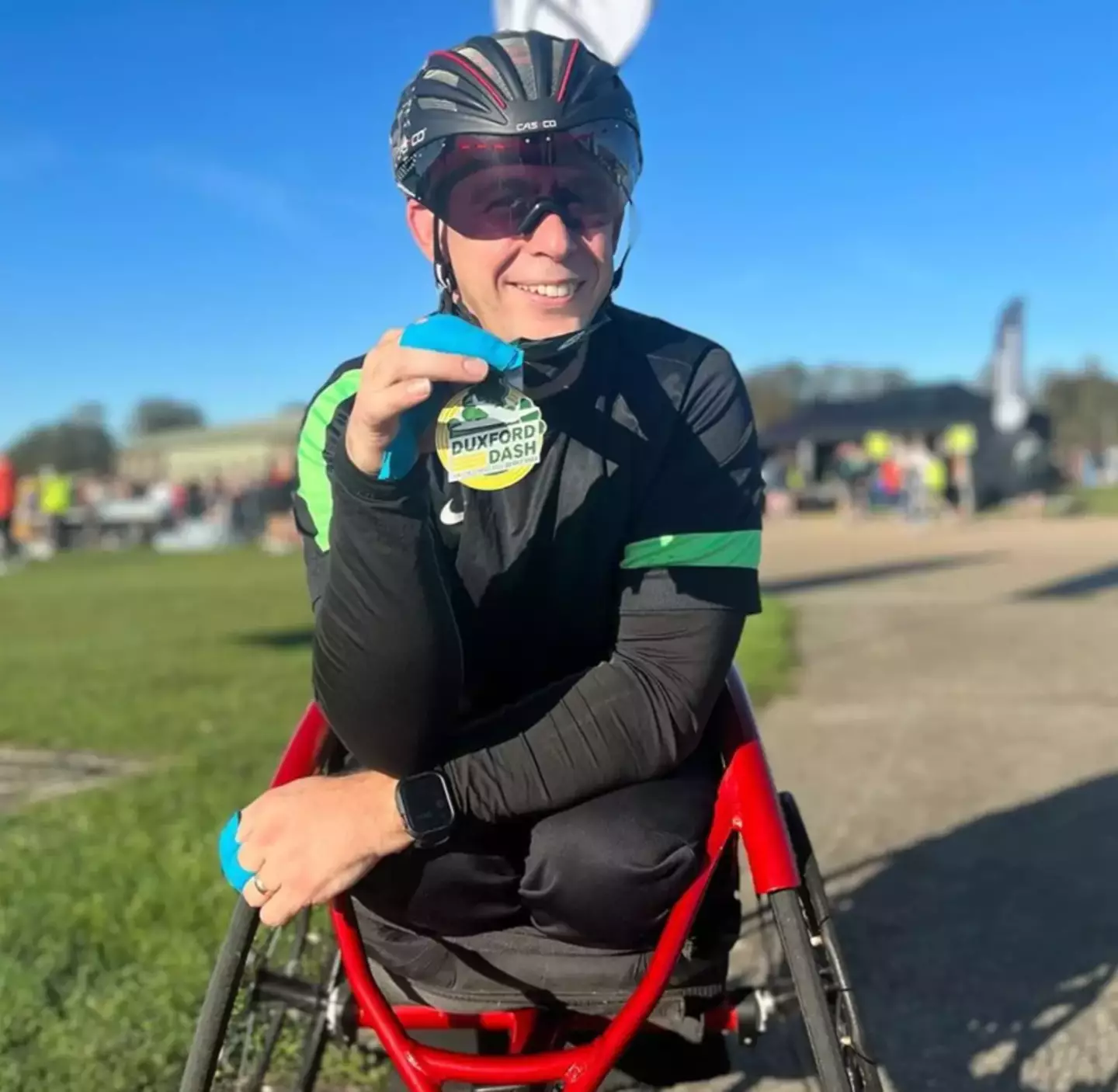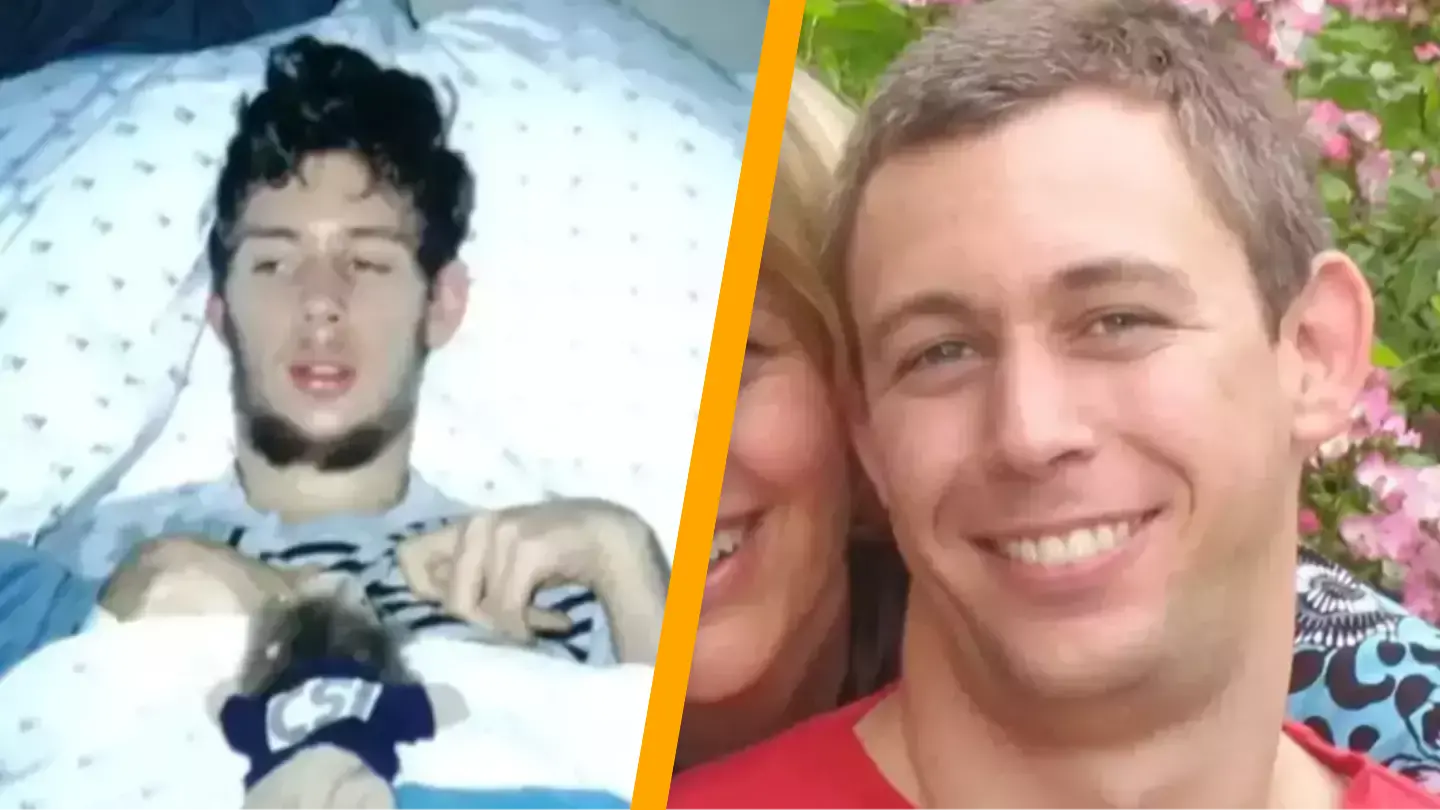Martin Pistorius, a man who spent ten years ‘locked in his own body,’ recounted the painful words he once heard his mother say. Growing up in South Africa in the 1980s, Martin was a typical 12-year-old until his life took a drastic turn in 1988 when he complained of a sore throat and headache to his mother.
As his condition worsened beyond the initial suspicion of a cold, Martin lost his appetite, slept excessively, and experienced cognitive regression. Medical professionals struggled to diagnose his condition, treating him for cryptococcal meningitis and tuberculosis of the brain, but he eventually developed ‘locked-in syndrome’ (LiS).

The National Institute of Neurological Disorders and Stroke describes LiS as a neurological condition that leaves individuals fully paralyzed, except for the ability to control eye movements, while retaining full consciousness, rendering them unable to speak.
Martin’s parents, Joan and Rodney Pistorius, were advised to care for him until his passing, with his last verbal communication being: “When home?” Martin lived with LiS for over ten years, spending four years in a vegetative state during this period.
Reflecting on his ordeal, Martin told LADbible in April, “For me, that feeling of complete and utter powerlessness is probably the worst feeling I have ever experienced, and I hope I never have to experience again.”
“It is like you don’t exist, every single thing in your life is decided by someone else. Everything, from what you wear, to what you eat and drink, even if you eat or drink, to where you will be tomorrow, or next week, and there is nothing you can do about it.”

Around his 16th birthday, Martin remembered overhearing discussions about whether to ‘shave’ his facial stubble, remarking, “It scared and confused me to listen to what was being said because, although I had no memories or sense of a past, I was sure I was a child and the voices were speaking about a soon-to-be man. I was able to hear, see and understand everything around me but I had absolutely no power or control over anything.”
The stress of caring for Martin strained Rodney and Joan’s relationship, leading to frequent arguments. In a moment of desperation, Joan once said to him, unaware he could hear, “I hope you die.” She later expressed remorse to NPR in 2015, saying, “I know that’s a horrible thing to say. I just wanted some sort of relief. Oh, that’s horrific when I think about it now.”
Martin reflected, “The rest of the world felt so far away when she said those words. As time passed, I gradually learned to understand my mother’s desperation.”

In 2001, therapist Virna van der Walt noticed ‘a sparkle in his eye’ and suspected Martin was conscious. This realization prompted his parents to obtain a computer with communication software to facilitate conversation.
More than twenty years later, Martin has forged a meaningful life, achieving fatherhood, setting records, and earning a doctorate. Updating his followers on Instagram, Martin shared: “Since 2010 I have: graduated with a first class honors degree in computer science, learnt to drive, publish my book (Ghost Boy), given a TED Talk, started wheelchair racing, set a European record, been awarded a Doctorate, travelled far and wide, and become a father.”

